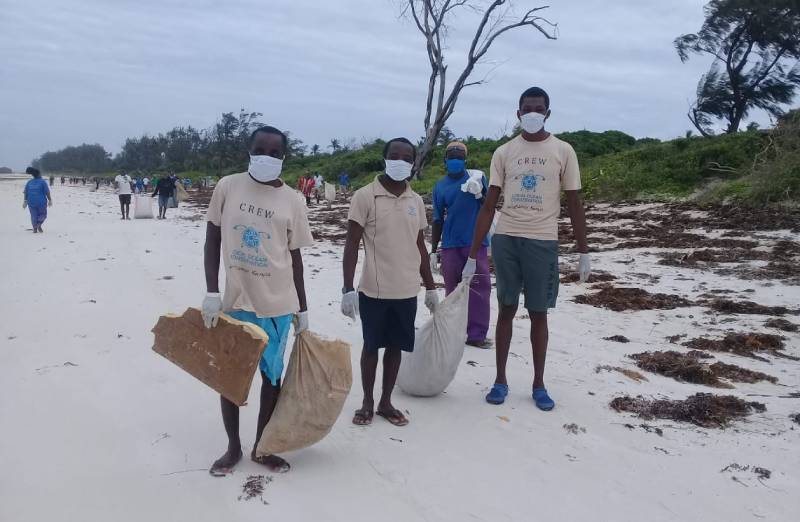×
The Standard e-Paper
Stay Informed, Even Offline

You might be eating plastics in your food if measures are not put in place to end plastic pollution in oceans. In a year about 300 million tonnes of plastics are produced. Unfortunately, only 9 per cent of it gets recycled.
It is projected that by 2050, we will have dumped more plastics in water than the available amount of fish, yet so far there are no scientific results of the effect of eating plastics in fish.